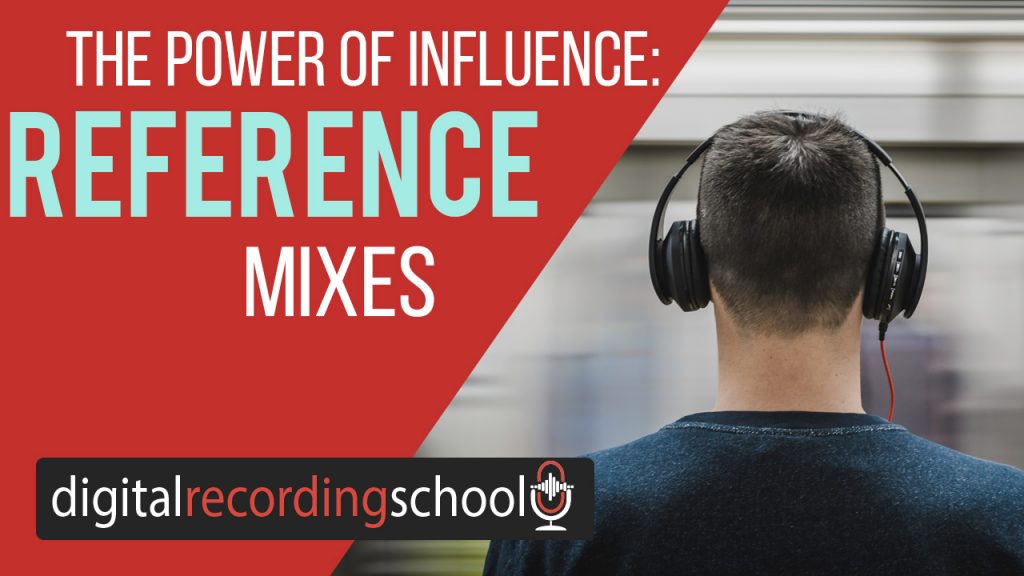Let’s talk about reference mixes. I received a really cool question in the private Facebook group for my upcoming Masterclass about Mix Hacking. Ivan asked about what it means to have “good taste” in music. He has heard other engineers telling him that you can drastically improve your music and mixes by having good taste. But taste is subjective… so how does that make sense?
Well, in the recording world it makes all the difference in the world!
Let me tell you a quick story… so growing up I was really into Metallica. I worshipped that band and obsessed over learning all of their songs since I was 9 years old. Once I reached high school, they weren’t popular. No one gave a shit that I had spent hours learning the solo to One. They were really into pop punk at the time.
I wanted to play music so bad that I gave it a chance. And I liked it. It had catchy pop elements with still some aggression. Plus, coming from strictly guitar player sense it enabled me to write the guitar parts for the genre much easier.
Which ultimately became a surprising challenge because I started learning all of the other instruments that contributed to an arrangement.
You see, Metallica had arrangements. Hell, Metallica had great arrangements. But Metallica’s music was very guitar driven. So being that style and my instrument of choice I listened to it with tunnel vision. Now when I hear a Metallica record I hear something much different.
So during 2004-2008, I spent time in the pop-punk genre. At this time the genre was dominating the market. I saw some success with it. As my tastes expanded and my patience for dealing with singers wore down I decided that I was going to learn how to sing and switch genres.
I was the worst singer in the world. My range couldn’t hit an E above middle C. It was awful. I still struggle today, but I managed to learn and improve by about a million percent.
When I went to my vocal coach he had given me a profound piece of advice.
He asked what my influences were and what genre of music I spent my time playing. Naturally, listening to pop punk where kids are singing improperly and yelling from their chest isn’t helping me.
How could I learn to sing properly when I was being influenced by a genre of most people doing it poorly. So he asked me to expand my vocal influences. It helped a lot.
How Does This Apply To Reference Mixes In Mixing?
So when people give my new friend Ivan advice about having better “taste” when it comes to music. They don’t necessarily mean what he likes. I still like those pop punk bands that I liked as a kid. But now my playlists are filled with a ton of diversity.
Just like it was bad to reference a yelling genre when I was attempting to learn how to sing… it’s bad to reference mixes that don’t have the sonic characteristics that you would want in YOUR mix style.
For example, you can’t be constantly referencing an obscure genre with poor mixing techniques even if you love that record… unless that’s all you want to be. You have to expand and open your mind to more genres. Especially, those with superior sonic quality and characteristics.
You already know that growing up I loved Metallica. You will NEVER see me referencing And Justice For All for its mix quality. No matter how much I enjoy the record! There’s no bass and it sounds like complete shit… sonically.
I will end this post with a single sentence that I think will benefit us all as not only mix engineers, but as people in society.
We need to separate our personal taste from the things that we consume and identify the line between what we enjoy and what we allow to influence us.
